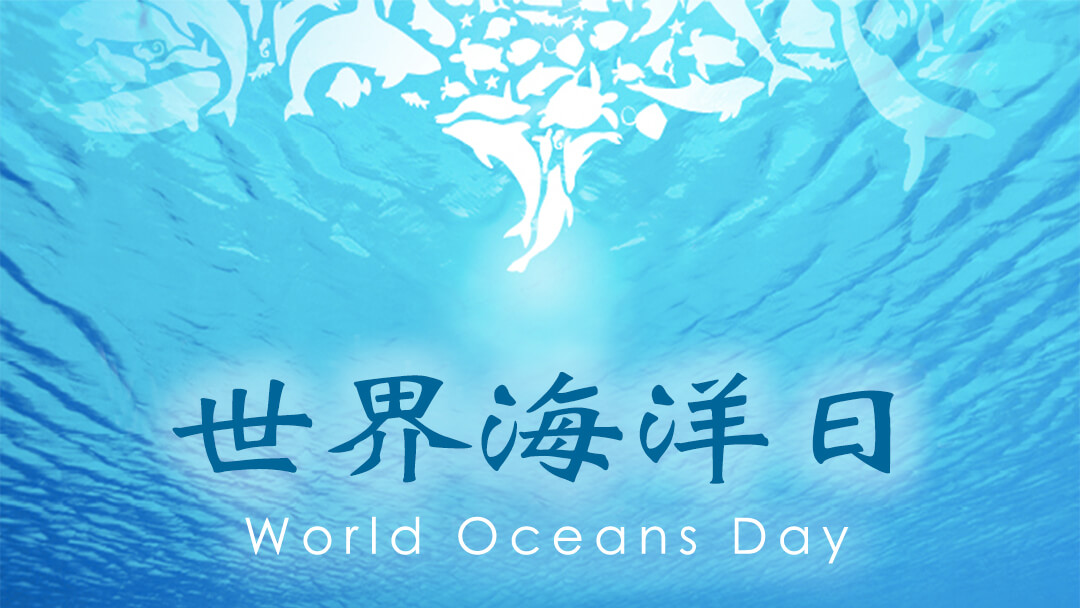
June 8th is World Oceans Day! In celebration of this important day, we are explaining its importance and providing steps that each one of us in Taiwan can take to better protect our oceans and environment.
In 2008, the United Nations designated June 8th as "World Oceans Day." The purpose of this day is to organize ocean-related events in the hope of arousing worldwide attention to the impact humans have on our marine environment, and to unite the world in the future sustainability of our oceans.
Our oceans, rich in natural resources and innumerable marine life, are inexplicably connected to the livelihood of mankind. As surfers, the ocean is also connected to our souls. In recent years, due to the overexploitation and destruction of our oceans by human beings, severe marine pollution has led to coral bleaching (death of a coral reef), marine ecological imbalance, and massive climate changes. One of the goals of World Oceans Day is to create a balance among ecology, economy, and society while developing sustainable and healthy oceans for future generations to come.
Following are some of the steps we can take in Taiwan to help protect the ocean:
1. Reduce Use of Single-Use Plastics
2. Use Ocean-Friendly Cosmetics & Cleansers
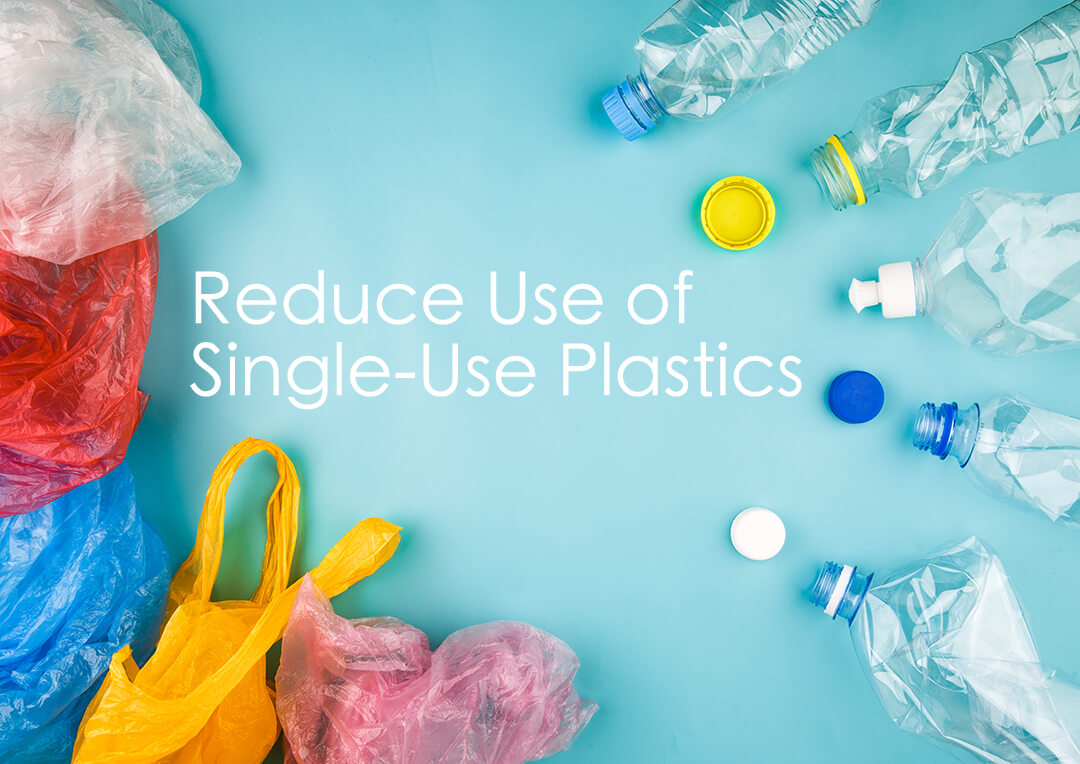
There is no denying that plastics provide convenience to our lives, but by taking some simple steps to reduce and reuse, we can better protect the environment! We don't need to eliminate plastic use completely, but we can definitely do more in an effort to reduce plastic use, and at the same time reuse the existing plastic products that we already have.
In the past few years, there have been more and more Facebook groups, like "二手包材/回收再利用," where people can share packaging materials, recyclable goods, and other items that would otherwise be discarded. These groups provide an alternative way to recycling items that are no longer needed.
When going out, take reusable eco-friendly cups, cutlery, water bottles, shopping bags, etc. Shop at "naked" shops or nearby traditional markets. What is a "naked" shop, you ask? Don't worry, you can keep your clothes on! A naked shop provides unpackaged products, requiring the customer to bring his or her own container to the shop. The main aim is to reduce unnecessary waste, which in turn reduces the amount of trash that ends up in our oceans and on our beaches.
For a list of naked shops in Taiwan, please see the "Additional Resources" section at the end of the article.
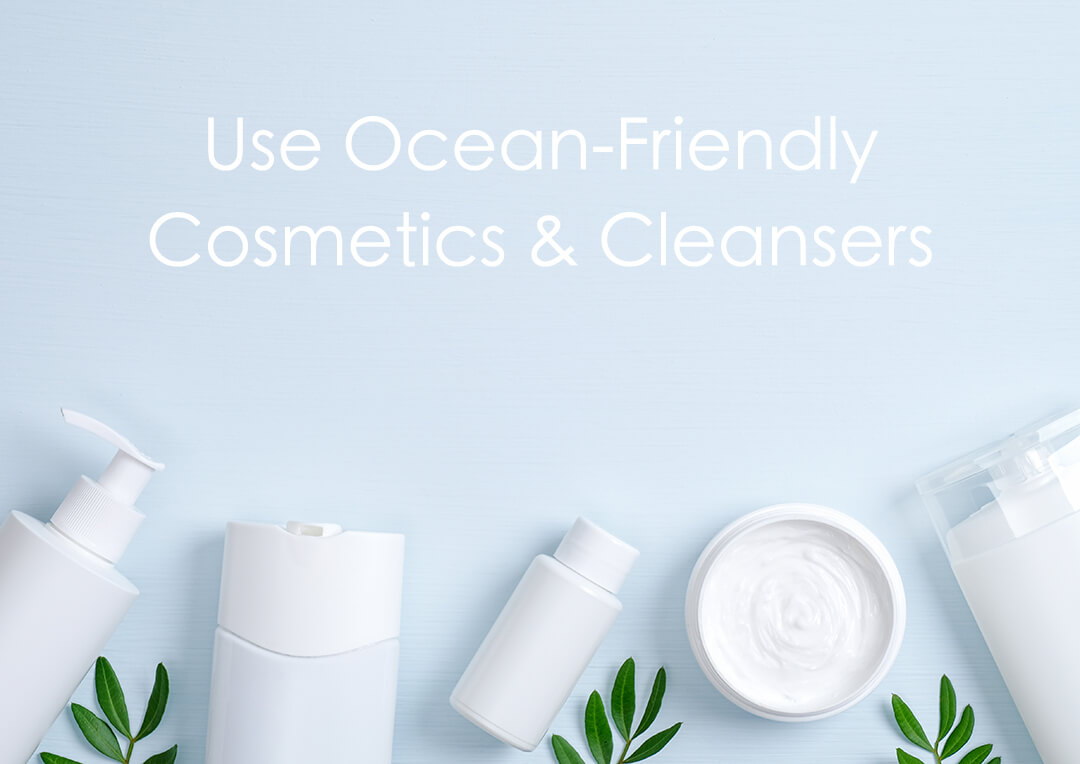
Most cosmetics and cleansers contain chemicals that are harmful to our oceans, while also producing microplastics that flow into the sea and cause marine pollution. This pollution often ends up in our seafood, thereby affecting our health.
Organic and environmentally-friendly cosmetics and cleansers will help us reduce the above adverse affects. A great example is COOLA organic sunscreen, which is 70% organic, water-resistant, and reef compliant so that it is not harmful to marine life.
Ecogoodies provides a wide selection of natural, organic, and environmentally-friendly products for daily life.
For a list of similar companies and products, please see the "Additional Resources" section at the end of the article.
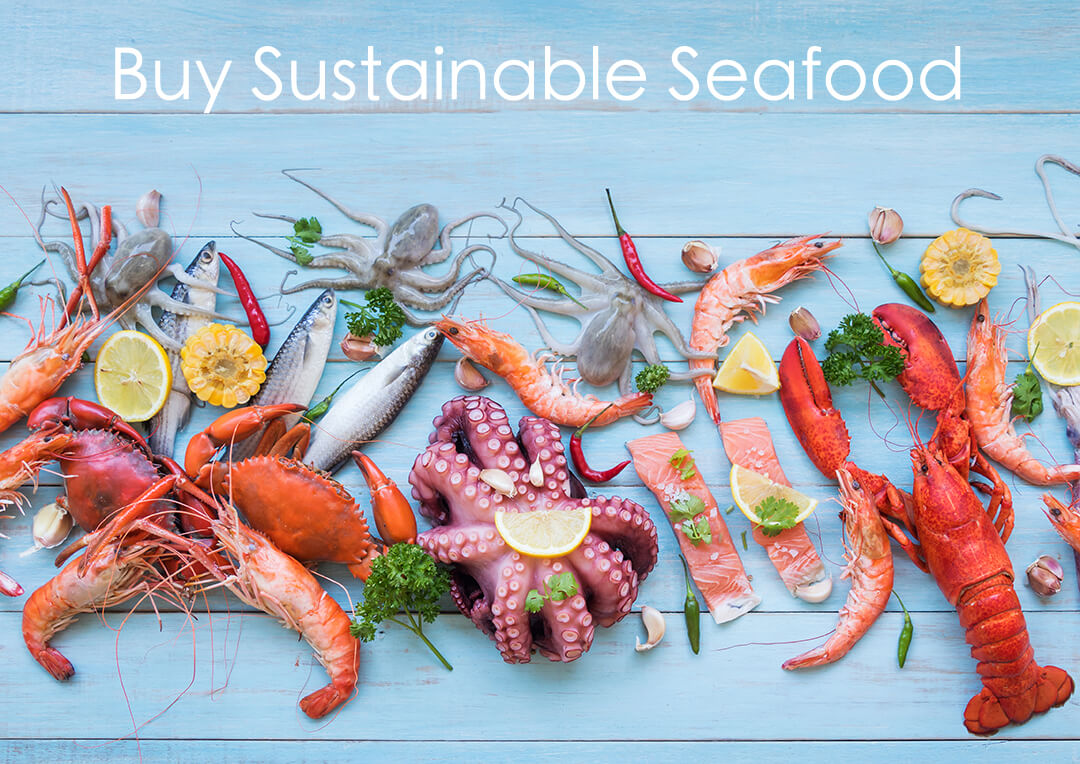
In order to preserve our all-important food resource that is seafood, while also preserving the integrity of the marine environment, we need to consume sustainable seafood as much as possible. To do so, choose seafood at the bottom of the food chain, such as oysters, clams, mussels, squid, sardines, milkfish, mackerel, and the like. They are an abundant seafood resource, and can quickly recover in numbers if they become depleted.
On the other hand, large fish such as tuna, salmon, and shark are located at the top of the food chain, have been greatly reduced due to overfishing, and should be avoided as much as possible. They also contain high levels of mercury, a toxic metal, which can cause serious health issues if consumed often and in large quantities.
As an island nation, Taiwan offers a large amount of sustainable seafood. Buying local sustainable seafood is not only good for our oceans, but also good for Taiwan's economy.
Get a free copy of Greenpeace's "Sustainable Seafood Taiwan Buyer's Guide"
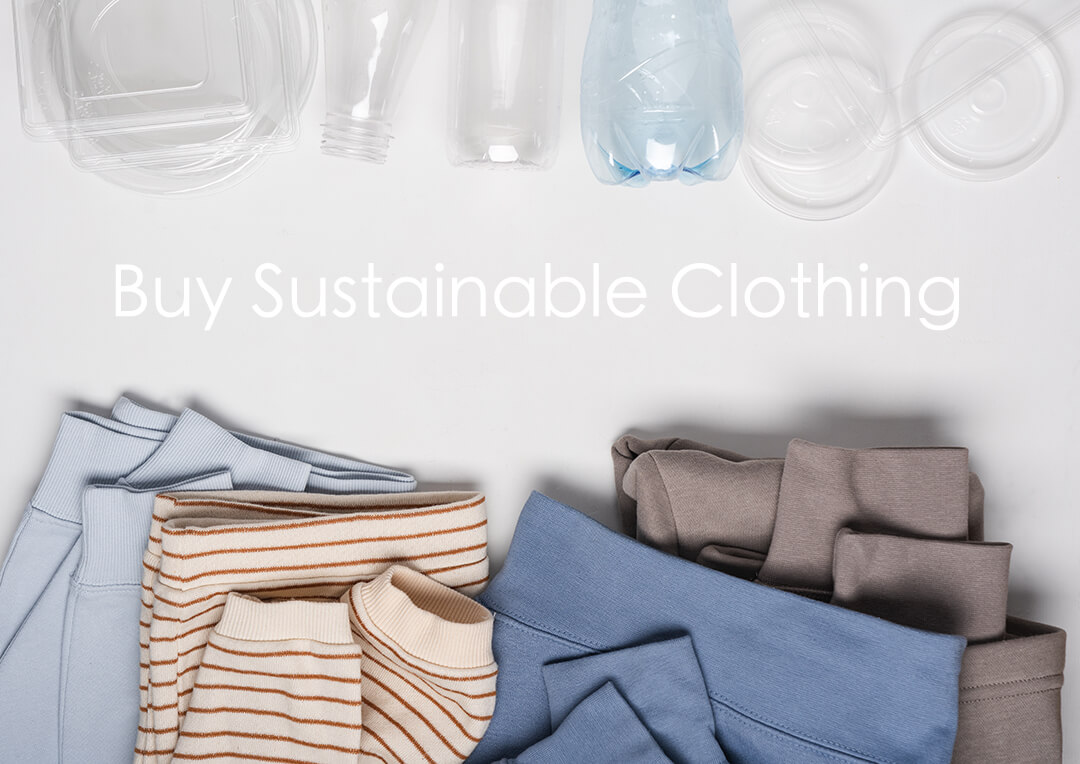
The fashion industry is one of the largest polluters in the world. Clothing production requires the use of a lot of water and chemical materials, with the constant and rapid replacement of seasonal products producing massive amounts of waste and increase burden on our environment.
Try to purchase clothing from sustainable brands, such as Patagonia, Surface , and Outerknown (the GOAT’s sustainable clothing line!). Clothes from these kinds of eco-friendly clothing lines usually have a higher upfront expense, but they will typically last much longer and will have a positive impact on our oceans and environment.
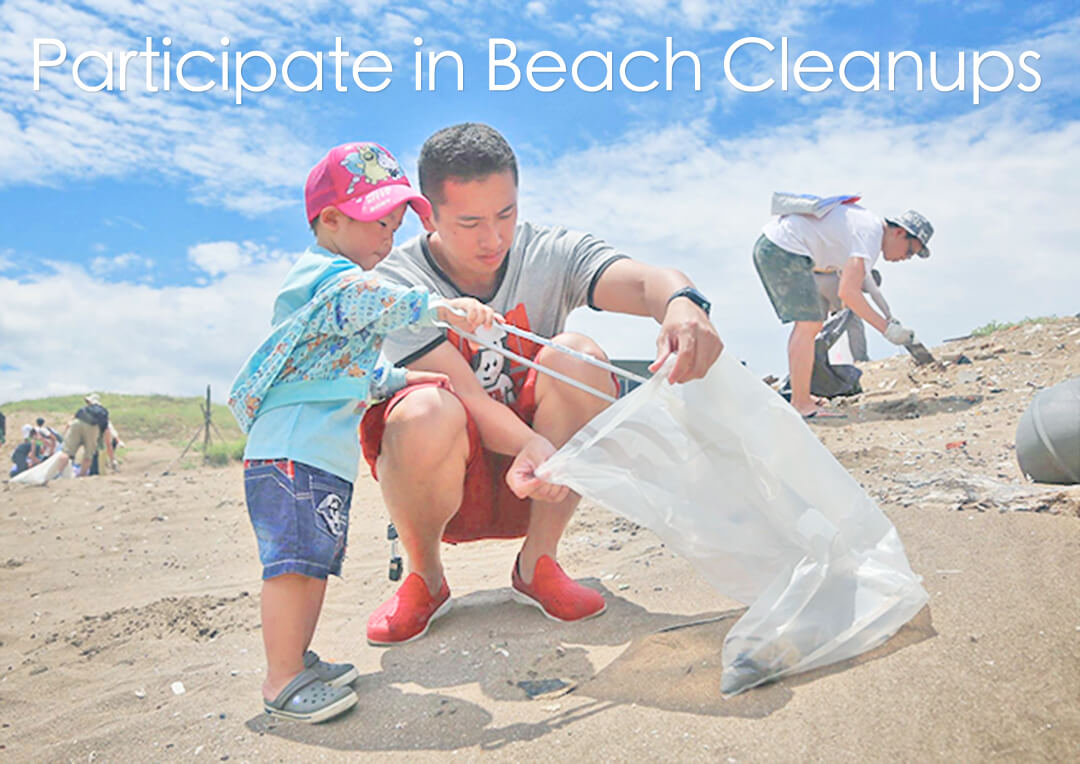
Participating in beach cleanups will not only keep our beloved beaches and oceans clean and beautiful, it will also help prevent trash from flowing back into the ocean, where it will endanger marine life and enter into the food chain.
There are many organizations in Taiwan that hold beach cleanup events on a regular basis. If you're unable to attend a beach cleanup, try to get into the habit of picking up a few pieces of beach trash after your surf. Every little bit helps!
Following are some of the many organizations in Taiwan where you can join beach cleanups:
b. RE-THINK
d. SOW (The Society of Wilderness)
At Swelleye, we also donate at least 3% of our profits, as well as our time, towards the improvement of Taiwan’s environment. If you would like to join one of our future beach cleanups, feel free to keep an eye on our “3% for Taiwan” page and/or our Facebook events page.
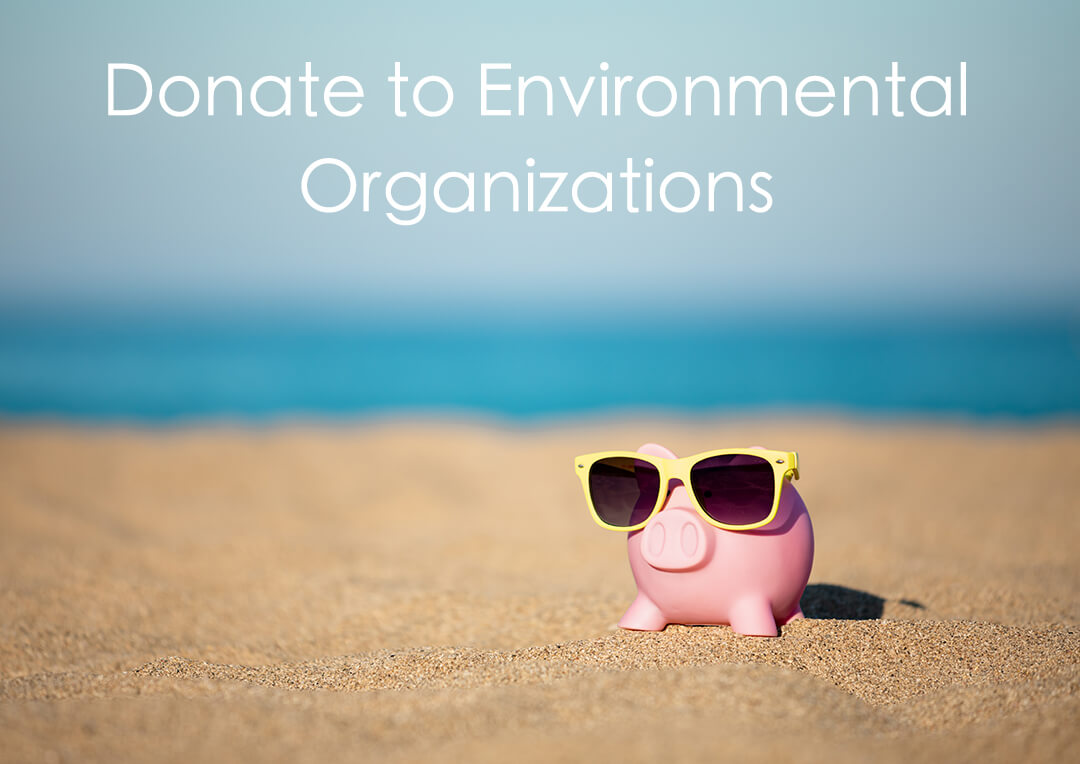
Many environmental protection organizations in Taiwan are not-for-profit, with very limited financial resources. Our individual donations to these groups greatly help them promote environmental development in Taiwan. If you would like to help Taiwan's marine environment, giving a little to these groups will help a lot!
Following are some excellent organizations in Taiwan that you can donate to:
a. RE-THINK
c. SOW (The Society of Wilderness)
d. TEIA
Taiwan has a diverse and rich marine ecosystem, contributing to great economic development. In the face of constant distress signals from our oceans (melting ice caps, rising sea temperatures and sea levels, overfishing, marine pollution, etc.), the movement to save our oceans is imperative!
As surfers, it's easy for us to want to protect our oceans and beaches. The task for us is to not only participate, but also to educate other non-surfers about the importance of saving our oceans. By joining the effort to protect our oceans, we will be able to continue enjoying the amazing benefits Mother Ocean provides us now, while also leaving a healthy, thriving, blue ocean for generations to come.

If you would like to learn more about the above, or would like to help us improve our beloved oceans and environment in Taiwan, please leave a message below or contact us directly. We’ll reply to you as quickly as possible.